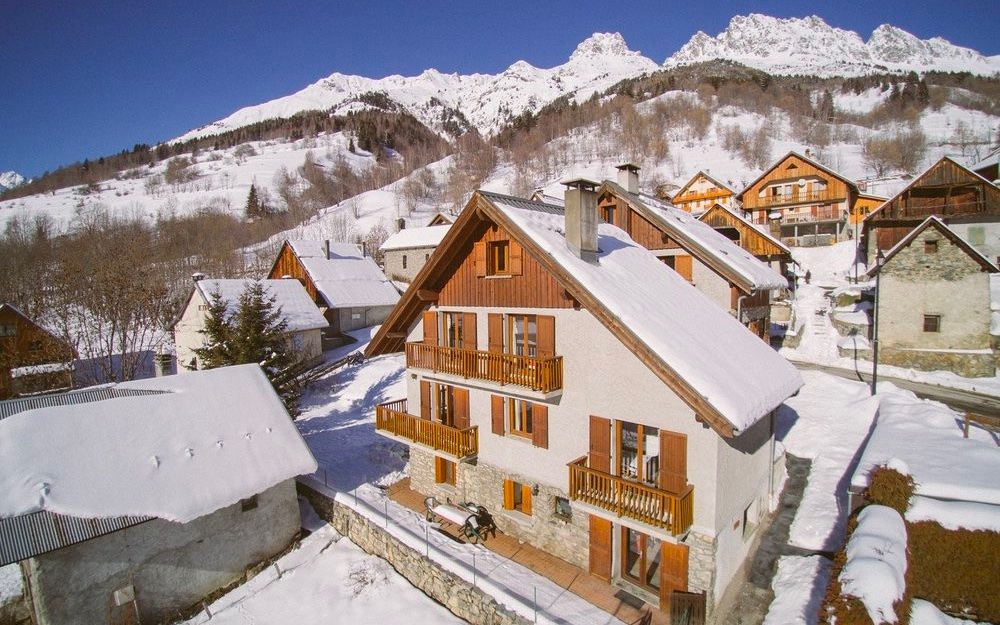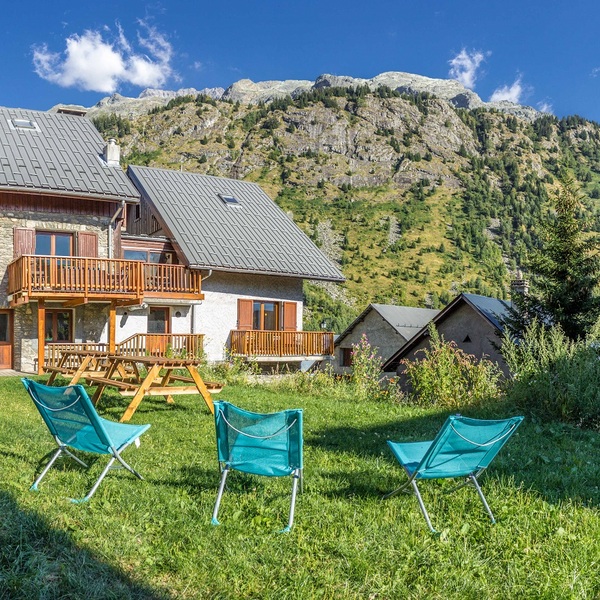Sore, aching muscles are common after an intense workout. It’s a sign of small microtears in the muscles and when they recover, they’ll be stronger. Luckily there are ways to limit muscle soreness after a hard workout. Read on for some useful tips to maximize recovery and ensure you are ready for your next workout.
Cool Down and Stretching

Photo by Luemen Rutkowski
Build in some cool down into a hard workout. Around 15 minutes at an easy pace will give your heart a chance to slow down. This is important for a speedy recovery.
Always stretch after a workout, intense or not. You might be keen to jump in the shower and change out of your sweaty workout gear, but before you do, take a minute to run through some stretches. Not stretching will delay the recovery process and could hamper your next workout.
Use a foam roller to work on those niggly, tight areas. It’s painful but effective. Another option is to have a sports massage after a really intense workout. Again, this will be painful, but it’s very beneficial and your body will thank you later. It’s especially helpful if you lift weights.
Recovery Drinks

Hydration is very important before, during, and after a workout. Water helps to flush all the nasty toxins out of your body. It also minimizes muscle soreness and helps with the recovery process. This is backed up by science: a 2005 study found that dehydration increased post-exercise muscle soreness. If you don’t drink enough during and after a hard workout, the recovery period will be longer.
It’s not just water that can help with recovery. Sports drinks that contain electrolytes will help your muscles. Chocolate milk is another great recovery drink. It’s worth trying different recovery drinks, shakes, and supplements to see what works best for you. Supplements like Kratom can help relieve the pain of sore muscles and can be taken as a powder mixed with water. There are different suppliers, and as mentioned in this review, it’s important to read reviews before buying.
Coffee is another good recovery drink. People who drink coffee after a tough workout often report less muscle soreness.
Eat a High Protein Meal

Photo by CTRL - A Meal Replacement
Try to eat protein post-workout. The body metabolizes essential amino acids from protein, which help reduce soreness and repair muscle fibres. There are lots of tasty ways to get a protein snack after a workout. Make a protein shake using a sports brand, or eat some eggs, Greek yogurt, lean meat, or cottage cheese. Try to eat some protein before bed, too, as this helps with muscle repair overnight.
Try Compression Clothing
Photo by Michael DeMoya
Compression clothing has been found to help with muscle recovery, although experts say the evidence is not conclusive. You might have seen runners wearing compression socks in races and wondered why. Well, during exercise, they increase blood flow to the muscles. Once the workout is over, compression garments put pressure on the muscles, raise skin temperature, and help with the healing process by improving blood flow that clears lactate and creatine kinase.
Get a Good Night’s Sleep

Photo by Kate Stone Matheson
Sleep is very important for rest and recovery. The muscle repair work begins while you sleep, so try to get a minimum of seven hours of sleep a night while you are training. Professional athletes often take short naps during the day, so if it has been a really tough workout and you have time, a short power nap could help you recover faster.
Delayed onset muscle soreness can be very uncomfortable after a hard workout or full-on race effort. In the worst-case scenario, you might struggle to walk downstairs or even get out of bed. Non-steroidal anti-inflammatory drugs shouldn’t be the first thing you try if you have sore muscles, but they can help ease inflammation if it’s really bad. However, experts say it is better not to take NSAIDs if you can manage, as they can inhibit the natural repair and recovery process.
Tagged with;














